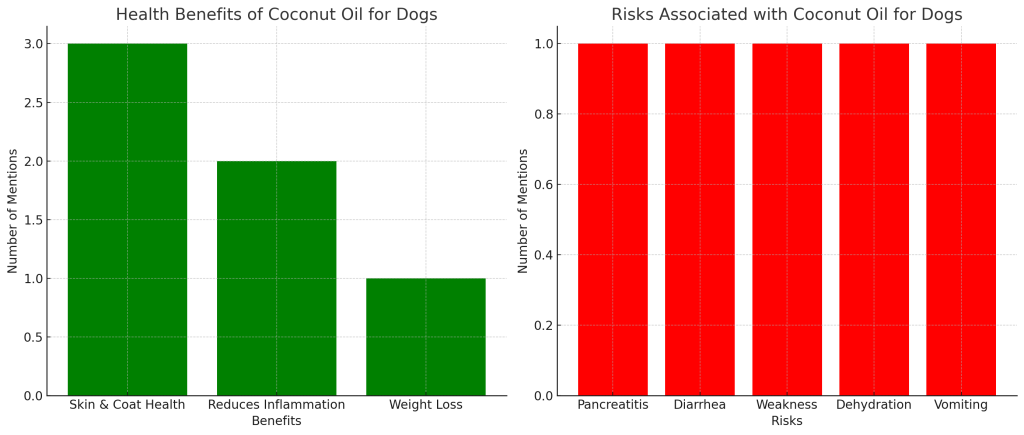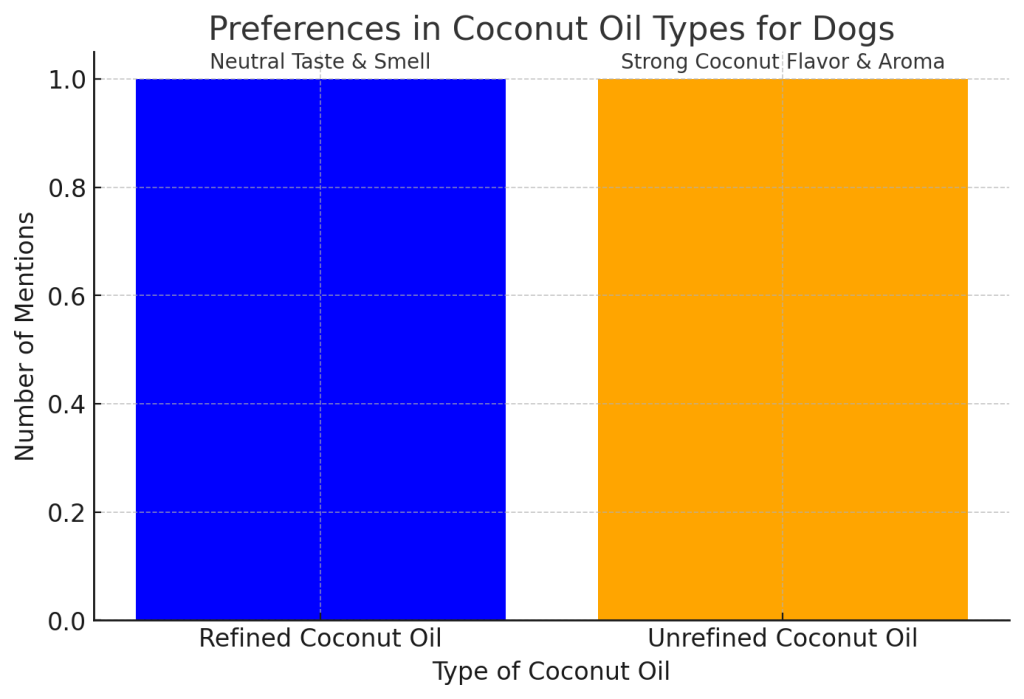Coconut oil has become increasingly popular among pet owners for its potential health benefits for dogs. When used correctly, it can contribute positively to your furry friend’s well-being. This article will delve into the effects of coconut oil on dogs, how to use it safely, and the risks associated with its consumption.
The Benefits of Coconut Oil for Dogs
Coconut oil is known for its ability to improve dogs’ skin and coat health. It can also help in reducing inflammation and supporting weight loss. These benefits stem from its medium-chain fatty acids, which are believed to provide numerous health advantages.
How to Safely Incorporate Coconut Oil into Your Dog’s Diet
Moderation is key when introducing coconut oil into your dog’s diet. It’s crucial to consult with your veterinarian before making any dietary changes. They can provide guidance on the appropriate amount of coconut oil for your dog, considering its size, health condition, and dietary needs.
Understanding the Risks: When Coconut Oil Becomes a Concern
While coconut oil can be beneficial, it’s not without risks. One significant concern is the development of pancreatitis, particularly in older or overweight dogs. The causes of pancreatitis are not fully understood, but high-fat diets, like those rich in coconut oil, can be a contributing factor.
Recognizing Overconsumption Symptoms
If a dog consumes too much coconut oil, it might experience severe diarrhea, leading to weakness and dehydration. Vomiting is also a common symptom as the dog’s system tries to expel the excess fat. Thankfully, there are no toxic effects associated with coconut oil consumption in dogs, but these symptoms can still cause discomfort and health issues.

Selecting the Right Coconut Oil for Your Dog
When it comes to choosing coconut oil for your dog, the decision between refined and unrefined options is crucial. Each type has its unique properties and suitability for different needs. For an in-depth comparison and guidance on which type to choose for your pet, our detailed article on Refined vs Unrefined Coconut Oil for Dogs provides comprehensive insights.
Key Differences Between Refined and Unrefined Coconut Oil
Refined coconut oil, often labeled as “RBD” (refined, bleached, and deodorized), undergoes a process that strips away some of the natural compounds, resulting in a more neutral taste and smell. This might be preferable for dogs sensitive to strong flavors or scents. In contrast, unrefined coconut oil, also known as virgin coconut oil, retains more of its natural components, including a stronger coconut flavor and aroma, which some pets might find more appealing.
Practical Tips for Introducing Coconut Oil to Your Dog
Introducing coconut oil into your dog’s diet should be done gradually. Here are some practical steps:
- Start Small: Begin with a tiny amount, well below the recommended dose, to gauge your dog’s reaction.
- Observe and Adjust: Monitor your dog for any adverse reactions, like gastrointestinal upset, and adjust the amount accordingly.
- Consistency is Key: Integrate coconut oil consistently into their diet, either mixed into food or as a separate treat.
Creating a Balanced Diet
While coconut oil can be a beneficial supplement, it should not replace a balanced diet. Ensure your dog receives all the necessary nutrients through high-quality dog food, and use coconut oil as a supplementary addition rather than a primary component.

Integrating Coconut Oil into Homemade Dog Treats
Another creative way to include coconut oil in your dog’s diet is through homemade treats. These treats can be an excellent alternative for dogs that might not enjoy coconut oil in their regular food. Here are some ideas for coconut oil-infused dog treats:
- Coconut Oil Dog Biscuits: Combine coconut oil with whole wheat flour, eggs, and a touch of honey for a simple, healthy treat.
- Frozen Coconut Oil and Peanut Butter Cubes: Mix coconut oil with peanut butter and freeze in ice cube trays for a cool, refreshing snack.
- Coconut Oil and Pumpkin Puree Treats: Blend coconut oil with pumpkin puree for a digestive-friendly and delicious treat.
The Benefits of Homemade Treats
Homemade treats allow you to control the ingredients, ensuring no harmful additives are included. They also let you adjust the coconut oil quantity to suit your dog’s dietary needs and preferences.
Frequently Asked Questions About Coconut Oil for Dogs
- Q: How much coconut oil can I give my dog daily?
A: The amount varies based on your dog’s size and health. Generally, a good starting point is 1/4 teaspoon per day for small dogs and puppies and up to 1 teaspoon for larger dogs. Always consult your vet first. - Q: Can coconut oil help with my dog’s allergies?
A: Coconut oil may help alleviate some allergy symptoms due to its anti-inflammatory properties. However, it’s not a cure-all and should be part of a comprehensive allergy treatment plan. - Q: Is coconut oil safe for all dogs?
A: While many dogs benefit from coconut oil, it’s not suitable for every dog. Dogs with specific health conditions, like pancreatitis or certain allergies, should avoid it. Always check with your vet.

